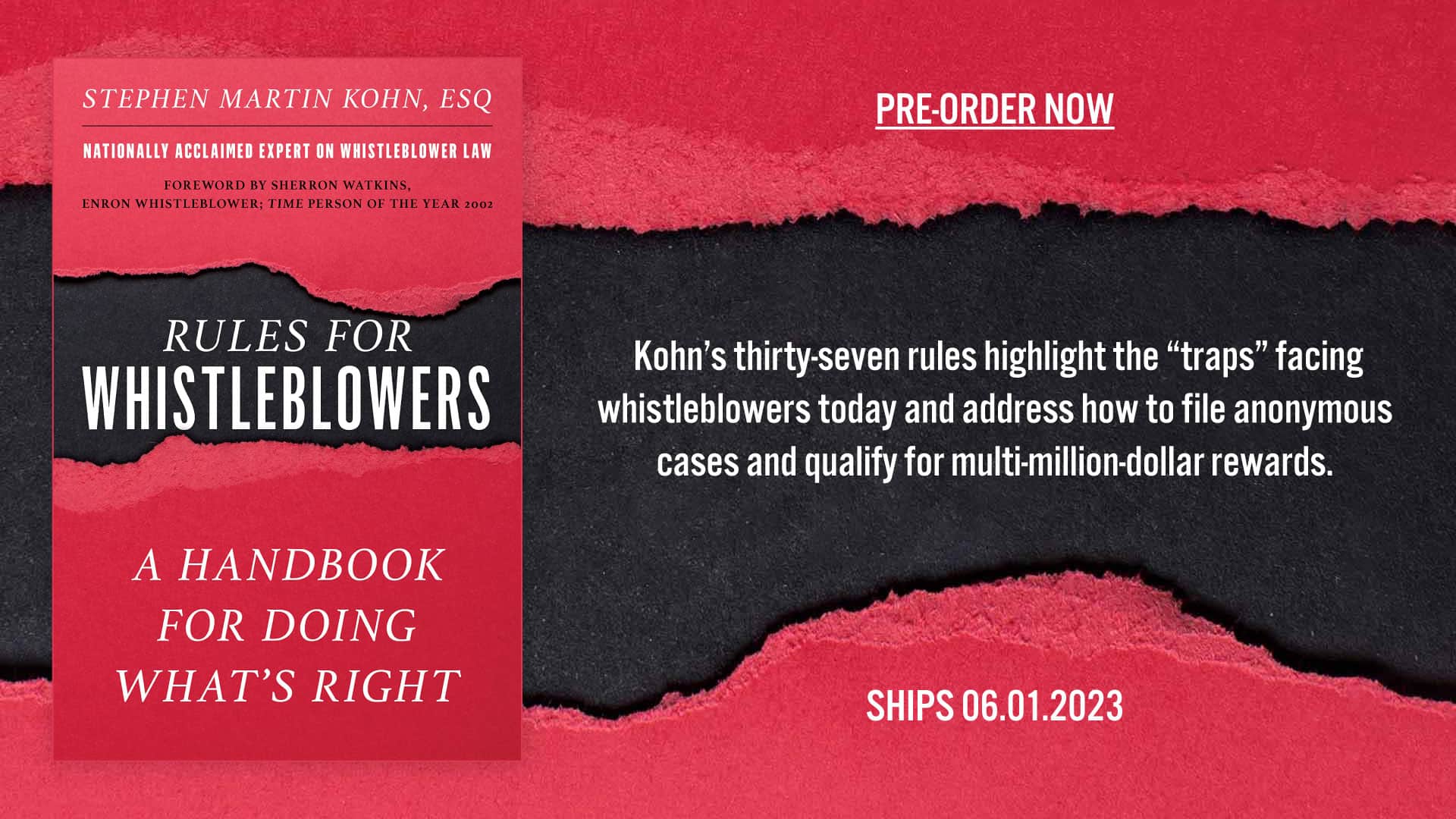Enacted by congress in 1977, The Foreign Corrupt Practices Act (FCPA) is an anti-corruption law that prohibits the payment of anything of value to foreign government officials to obtain a business advantage. The Act’s purpose is to stop corruption, create a fair playing field for honest businesses, and preserve public confidence in the integrity of the marketplace.
Additionally, the accounting provisions of the FCPA require publicly traded corporations to create and use regular bookkeeping, accounting, internal controls, and compliance procedures sufficient to identify and prevent potential FCPA violations.
Criminal penalties for violations of the anti-bribery provisions of the FCPA include fines of up to $2,000,000 for corporations and other business entities and up to $100,000 for officers, directors, stockholders, employees, and agents of such entities.
As part of the Dodd-Frank Act of 2010, whistleblowers can also obtain monetary rewards for disclosing violations of the Foreign Corrupt Practices Act. FCPA violations are reported to the SEC Whistleblower Office.
This is one of the most complex areas of law, and we suggest anyone with information about foreign bribery to contact an international whistleblower attorney to learn more about the Foreign Corrupt Practices Act, and whether they may qualify for rewards and protection.



